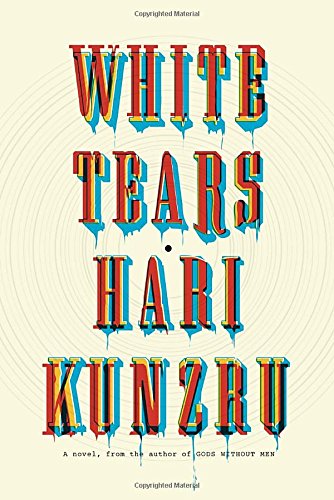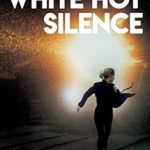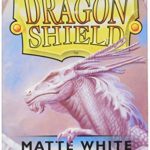White Tears: A novel
White Tears is a ghost story, a terrifying murder mystery, a timely meditation on race, and a love letter to all the forgotten geniuses of American music and Delta Mississippi Blues.
“An incisive meditation on race, privilege and music. Spanning decades, this novel brings alive the history of old-time blues and America’s racial conscience.”—Rabeea Saleem, Chicago Review of Books
Two twenty-something New Yorkers. Seth is awkward and shy. Carter is the glamorous heir to one of America’s great fortunes. They have one thing in common: an obsession with music. Seth is desperate to reach for the future. Carter is slipping back into the past. When Seth accidentally records an unknown singer in a park, Carter sends it out over the Internet, claiming it’s a long lost 1920s blues recording by a musician called Charlie Shaw. When an old collector contacts them to say that their fake record and their fake bluesman are actually real, the two young white men, accompanied by Carter’s troubled sister Leonie, spiral down into the heart of the nation’s darkness, encountering a suppressed history of greed, envy, revenge, and exploitation.An Amazon Best Book of March 2017: Thrumming with humor and revelation, White Tears by Hari Kunzru (author of the 2012 novel Gods without Men) is a smart, incisive portrait of music, male friendship, and race. At its most basic level, Kunzru weaves a story of two best friends who get caught in the deadly underworld of record collecting. When their new song is mistaken for an authentic and rare 1950s recording, violence ensues and the dangerous quest to discover the true 1950s musician unravels the reality of racism. The novel’s brilliance and beat is derived from the story Kunzru tells about white privilege, the exploitation of black culture and how they reverberate through life and music. Kunzru is a skilled writer – his descriptions of 1950s blues will make any music buff start tapping their toe; and his ability to render America’s relationship with race is as haunting and unforgettable as the song the novel is centered on. –Al Woodworth, The Amazon Book Review
- KNOPF













